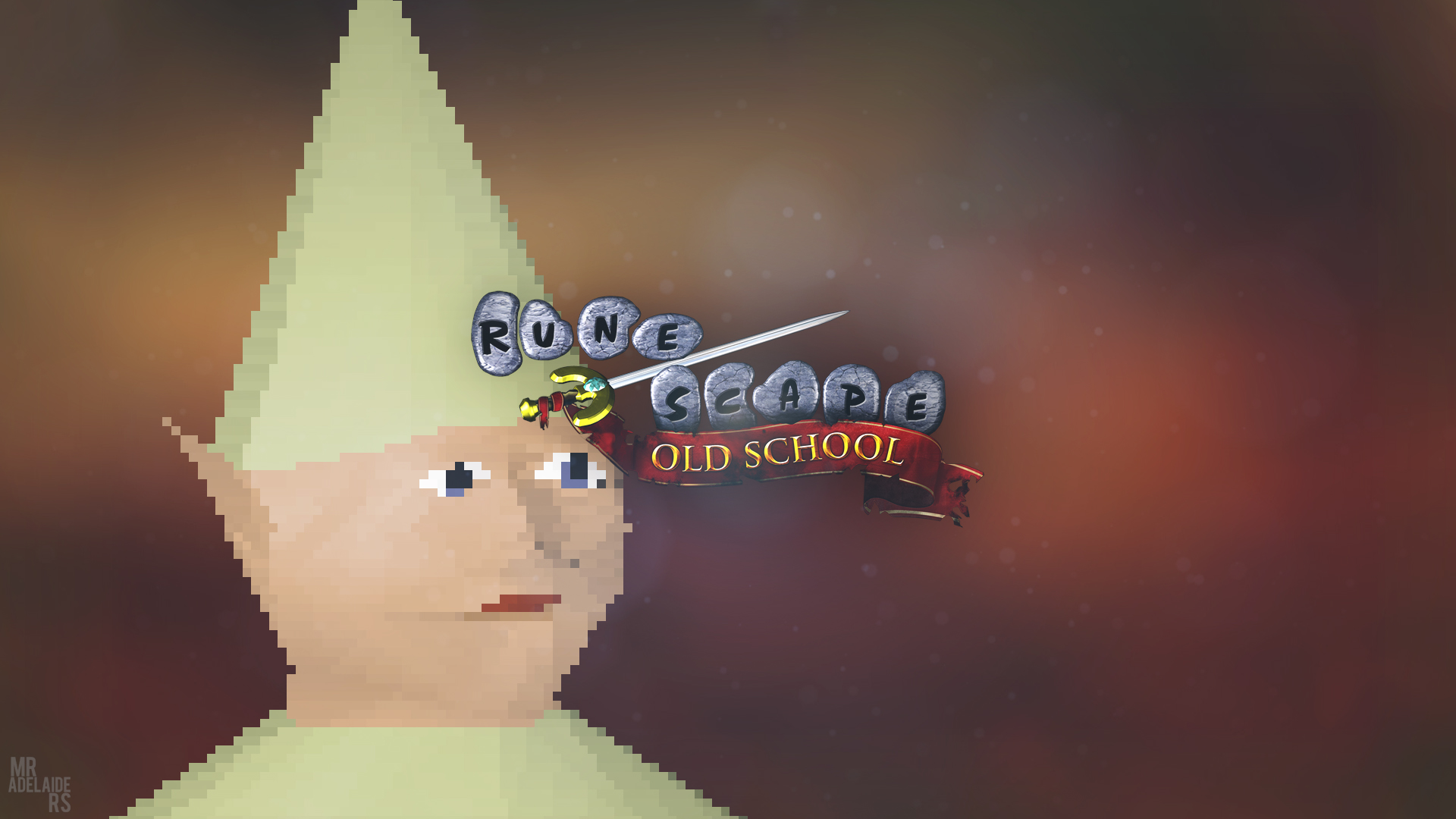Development and Release
RuneScape was conceived by Andrew Gower, who, along with his brother Paul Gower, developed the game as a graphical online adventure inspired by text-based multi-user dungeons (MUDs). The initial version, known as DeviousMUD, was a text-based MUD that incorporated graphics early in its development. The first public beta of RuneScape was released on January 4, 2001, operating from the Gower family's residence in Nottingham. In December 2001, the Gower brothers, alongside Constant Tedder, established Jagex to manage the game's business aspects. Ars Technica
As the game's popularity surged, Jagex undertook a major overhaul, rewriting the game engine to produce RuneScape 2, which featured entirely three-dimensional graphics. A beta version was released to paying members on December 1, 2003, and the official release followed in March 2004. The original version was subsequently renamed RuneScape Classic. Wikipedia
In July 2013, RuneScape 3 was launched, introducing an HTML5 client, a fully customizable user interface, and improved audio. This version marked a significant evolution in the game's presentation and user experience. Wikipedia
Gameplay
Set in the expansive world of Gielinor, RuneScape offers players a non-linear experience where they can set their own goals and objectives. Activities include combat, completing quests, and developing various skills. The game does not follow a linear storyline, allowing players to choose their paths and activities. Wikipedia
Players can engage in player-versus-player (PvP) combat in designated areas such as the Wilderness and participate in various mini-games and activities, some of which are competitive or cooperative in nature. Wikipedia
Versions and Platforms
In February 2013, Jagex released Old School RuneScape (OSRS), a version of the game based on the August 2007 build. OSRS is maintained alongside the main game and receives regular content updates, often guided by community polls. Wikipedia
RuneScape has expanded its accessibility over the years. Initially a browser-based game built with Java, it transitioned to a standalone C++ client in 2016. The game is available on multiple platforms, including Windows, macOS, Linux, Android, and iOS. It was also released on Steam on October 14, 2020. Wikipedia
Community and Cultural Impact
RuneScape has fostered a vibrant community, with players participating in forums, fan sites, and in-game events. The game has hosted various holiday events and has been recognized for its significant in-game economy, which has provided players with insights into economic principles. Financial Times
The game's longevity and adaptability have contributed to its enduring popularity, making it a significant title in the MMORPG genre. Wikipedia
Esports and Competitive Play
RuneScape has ventured into the esports arena with events like the "Wilderness Wars" tournament held at the 61st Insomnia Gaming Festival on August 26, 2017. Additionally, Jagex hosts recurring "Deadman Tournaments," where players compete for monetary prizes. The Autumn Finals of September 2018 featured a £20,000 grand prize. Wikipedia
Financial Performance
As of 2018, RuneScape had generated over $1 billion in lifetime revenue since its original launch. The game annually generates over £100 million in revenue and over £50 million in profit. Wikipedia
Notable Events
One of the most infamous events in RuneScape's history is the "Falador Massacre," which occurred on June 6, 2006. A bug allowed several players to attack others outside designated PvP areas, leading to widespread chaos. Jagex has since recognized this as a historic event, commemorating it with in-game reenactments. Wikipedia
Future Developments
In June 2025, Jagex announced plans to reevaluate its approach to microtransactions in RuneScape, citing a significant drop in active users. The company intends to conduct experiments to find new solutions for funding the game, aiming to balance revenue generation with player satisfaction. Wikipedia
